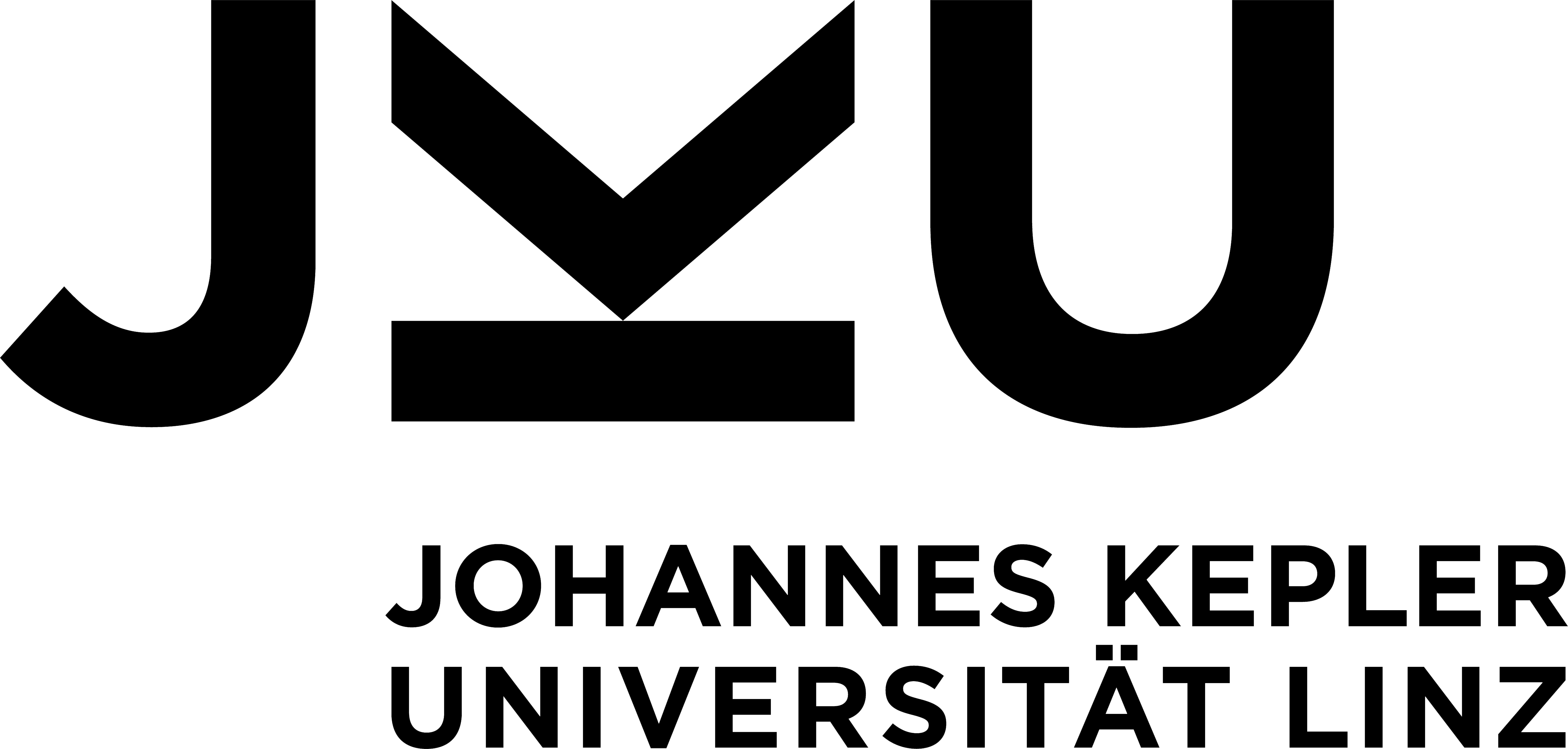Computer Science Colloquium
Prof. Dr. Rolf Pfeifer
Artificial Intelligence Laboratory, Universität Zürich
Soft Robotics - Self-organization, embodiment and biological inspiration
Thu 09.06.2011, 15:30, 60 minutesRep-Raum C
Abstract
Robotics researchers increasingly agree that ideas from biology and self organization can strongly benefit the design of autonomous robots. Biological organisms have evolved to perform and survive in a world characterized by rapid changes, high uncertainty, indefinite richness, and limited availability of information. The term "Soft Robotics" designates a new generation of robots capable of functioning in the real world by capitalizing on "soft" designs at various levels: surface (skin), movement mechanisms (muscles, tendons), and interaction with other agents (smooth, friendly interaction). Industrial robots, in contrast, operate in highly controlled environments with no or very little uncertainty. Although many challenges remain, concepts from biologically inspired and soft robotics will eventually enable researchers to engineer machines for the real world that possess at least some of the desirable properties of biological organisms, such as adaptivity, robustness, versatility, and agility. <br/> <br/> In this talk, I will discuss the concept of "Soft Robotics"and follow up on its far reaching implications, in particular how the physical dynamics of an embodied agent is directly coupled to the information processing of its brain (or the brain dynamics). It is also argued that this coupling is fundamental for learning and for the development of cognition in general. All points will be illustrated with many examples from robotics, biology, and psychology. I will also try to follow up on some potential applications to ubiquitous computing.Bio
Rolf Pfeifer received his master?s degree in physics and mathematics and his Ph.D. in computer science from the Swiss Federal Institute of Technology (ETH) in Zurich, Switzerland. He spent three years as a post-doctoral fellow at Carnegie-Mellon University and at Yale University in the US. Since 1987 he has been a professor of computer science at the Department of Informatics, University of Zurich, and director of the Artificial Intelligence Laboratory. Having worked as a visiting professor and research fellow at the Free University of Brussels, the MIT Artificial Intelligence Laboratory in Cambridge, Mass., the Neurosciences Institute (NSI) in San Diego, the Beijing Open Laboratory for Cognitive Science, and the Sony Computer Science Laboratory in Paris, he was elected "21st Century COE Professor, Information Science and Technology"at the University of Tokyo. In 2009 he was also a visiting professor at the Suola Superiore Sant'Anna in Pisa, at Shanghai Jiao Tong University in China, and he was appointed "Fellow of the School of Engineering"at the University of Tokyo. His research interests are in the areas of embodiment, biorobotics, artificial evolution and morphogenesis, modular robotics, self-assembly and educational technology. He is the author of the books "Understanding Intelligence", MIT Press, 1999 (with C. Scheier), "How the body shapes the way we think: a new view of intelligence," 2007 (with Josh Bongard) MIT Press (popular science style), and "Designing intelligence - why brains aren't enough" (short version - with Josh Bongard and Don Berry), e-book. Lecture series: ?The ShanghAI Lectures?, a global mixed-reality lecture series on embodied intelligence, broadcast this time from the University of Zurich and EPF-Lausanne in Switzerland, Manchester Media City in the UK, Osaka University in Japan, and the US, in cooperation with other universities from around the globe (fall term 2011, starting end of September 2011 until December 2011).Invited by Univ. Prof. Dr. Alois Ferscha
The Computer Science Colloquium is organized by the Department of Coputer Science at JKU, the Österreichische Gesellschaft für Informatik (ÖGI) and the Österreichische Computergesellschaft (OCG).
